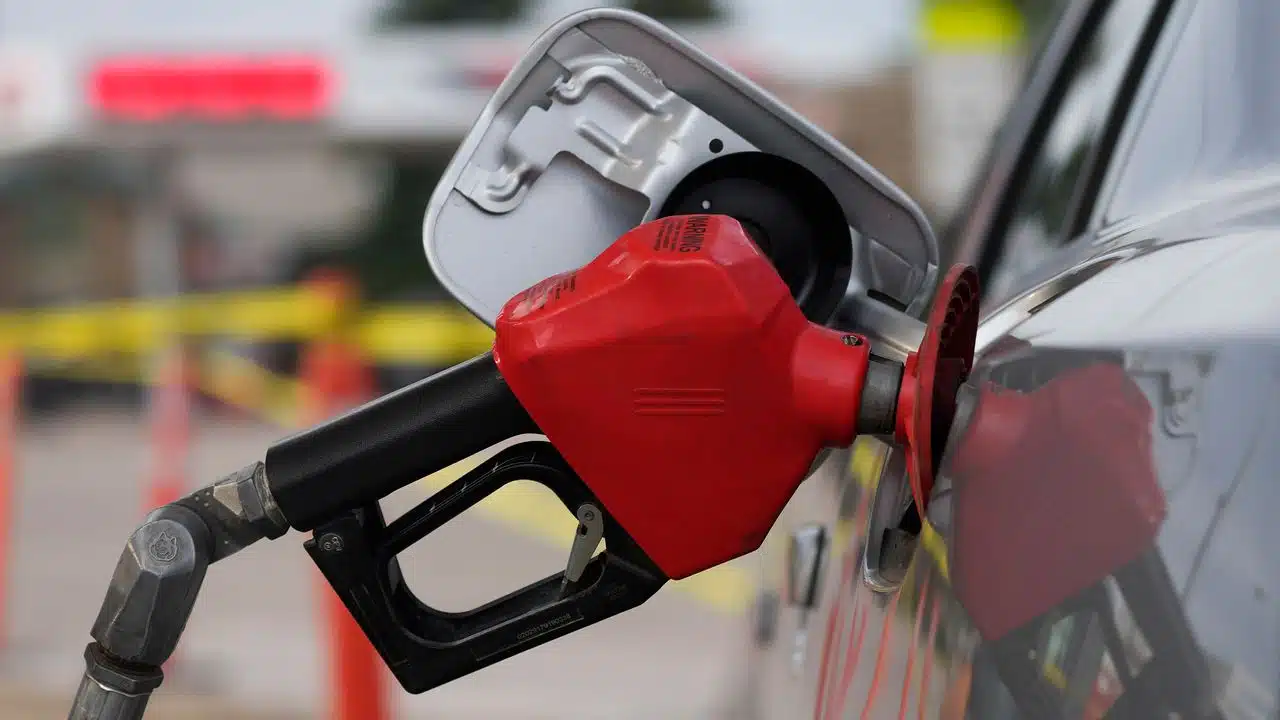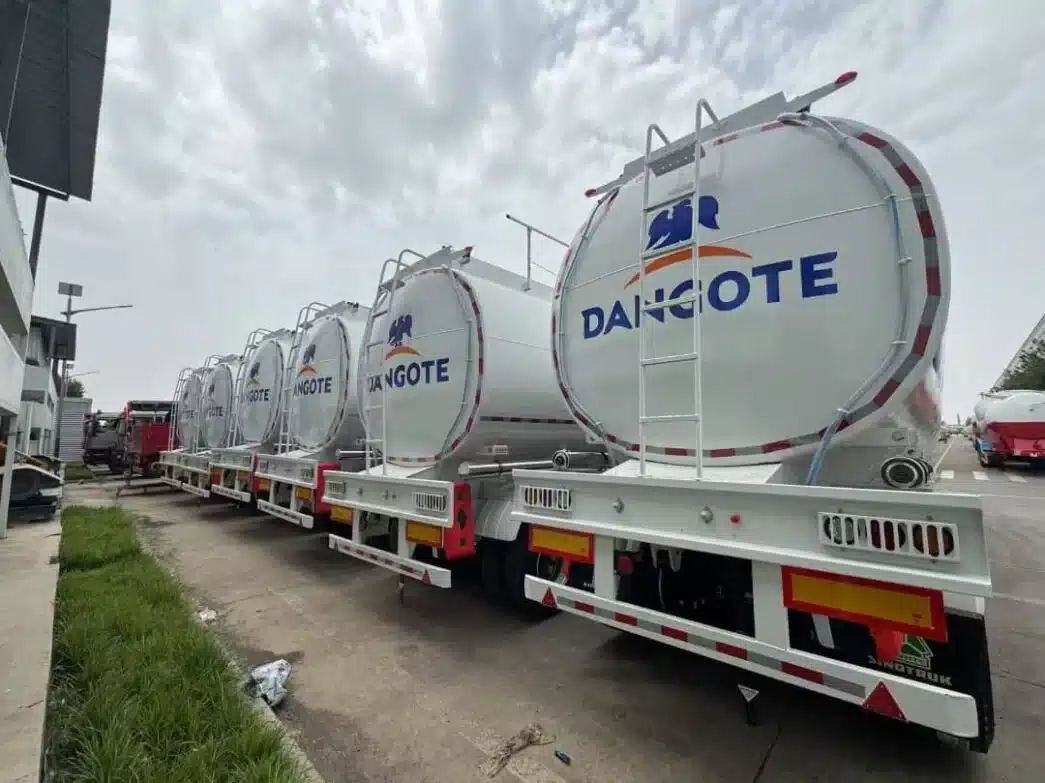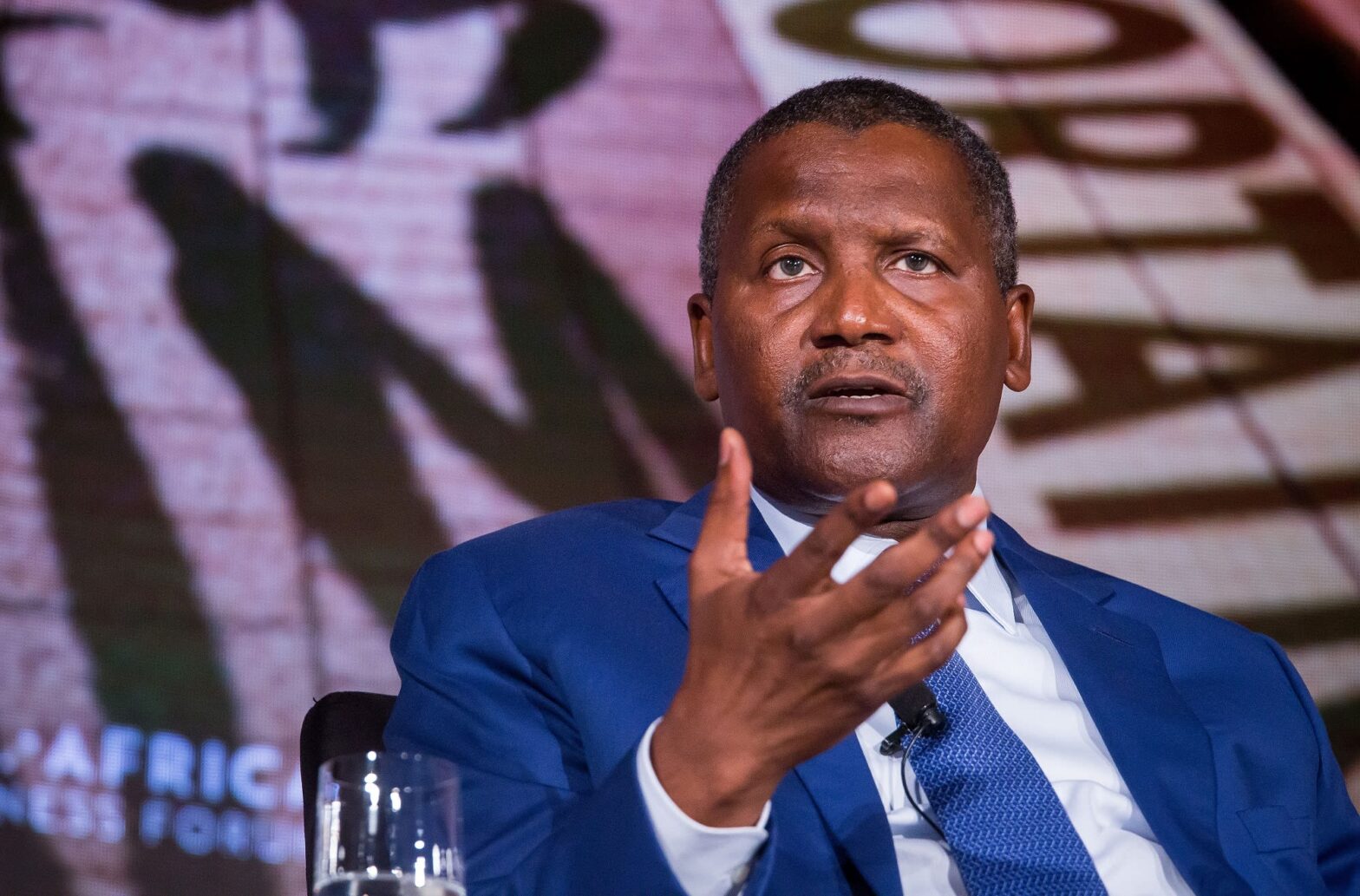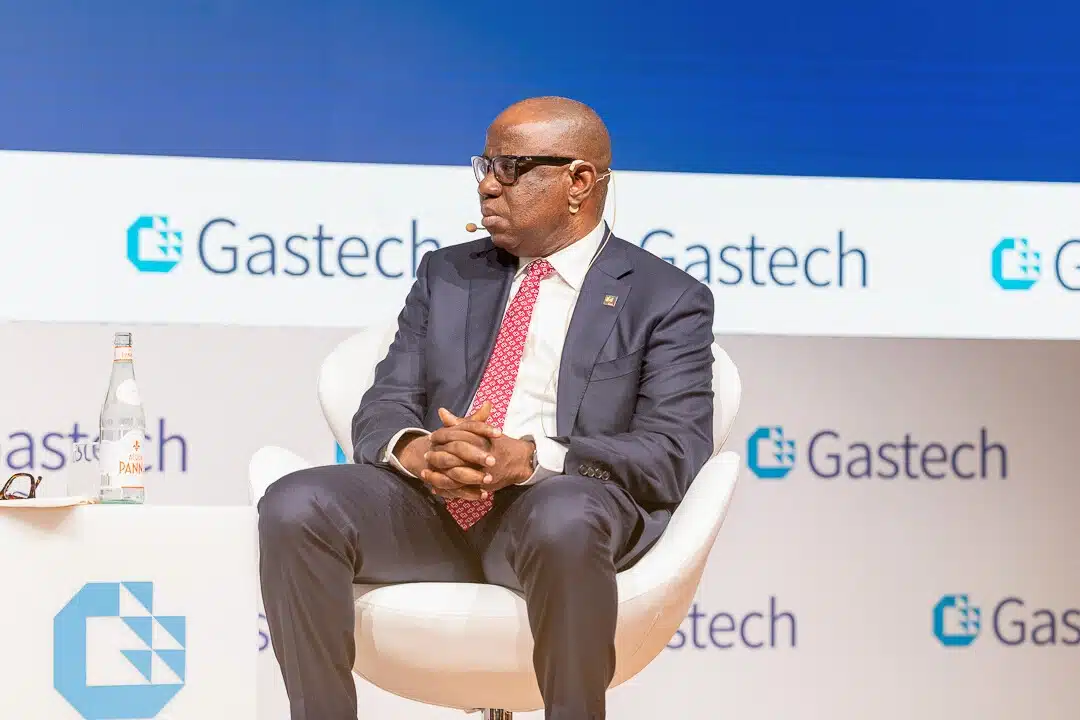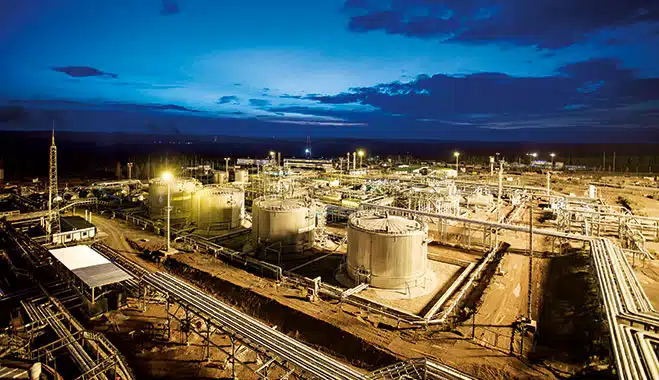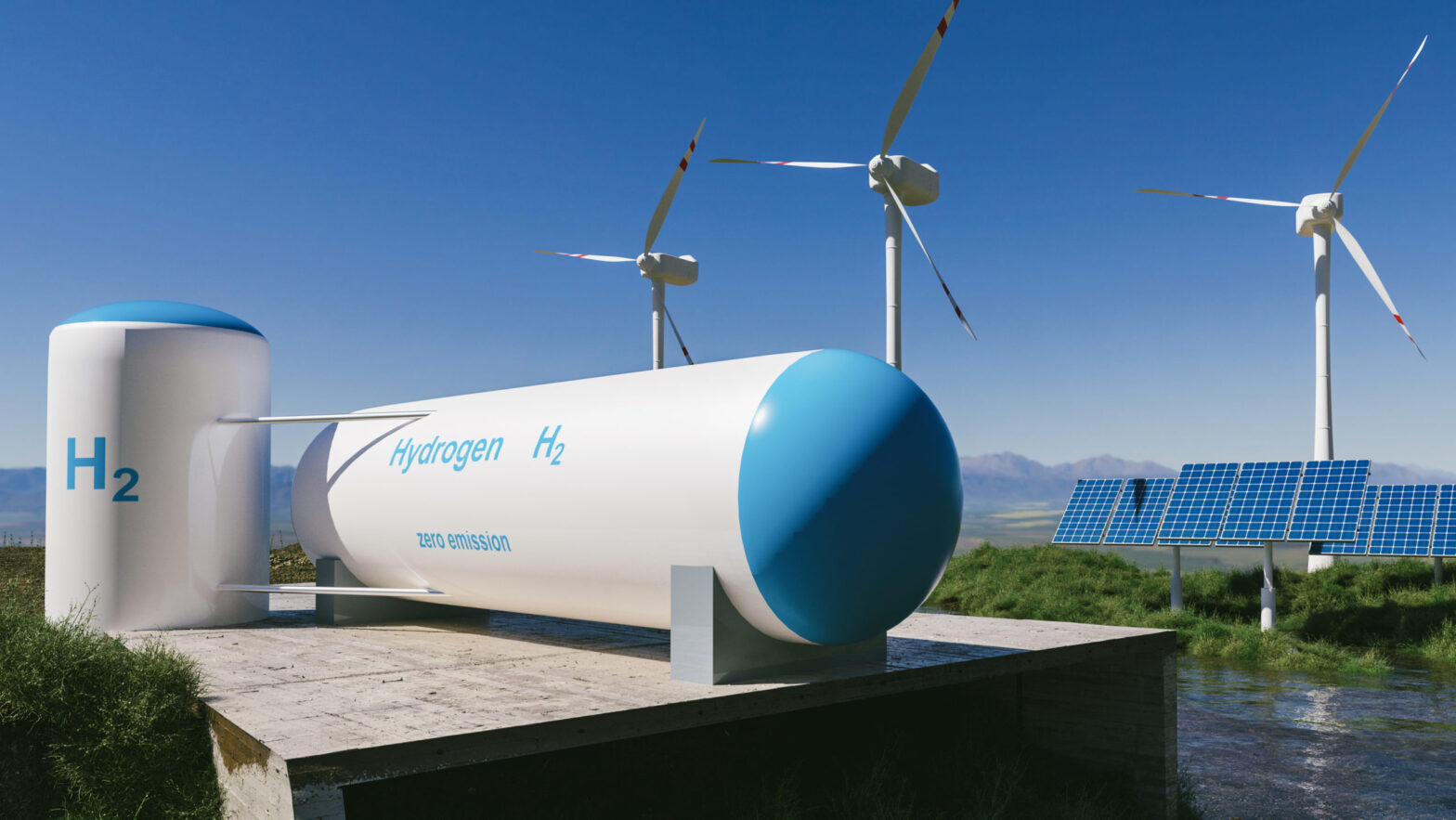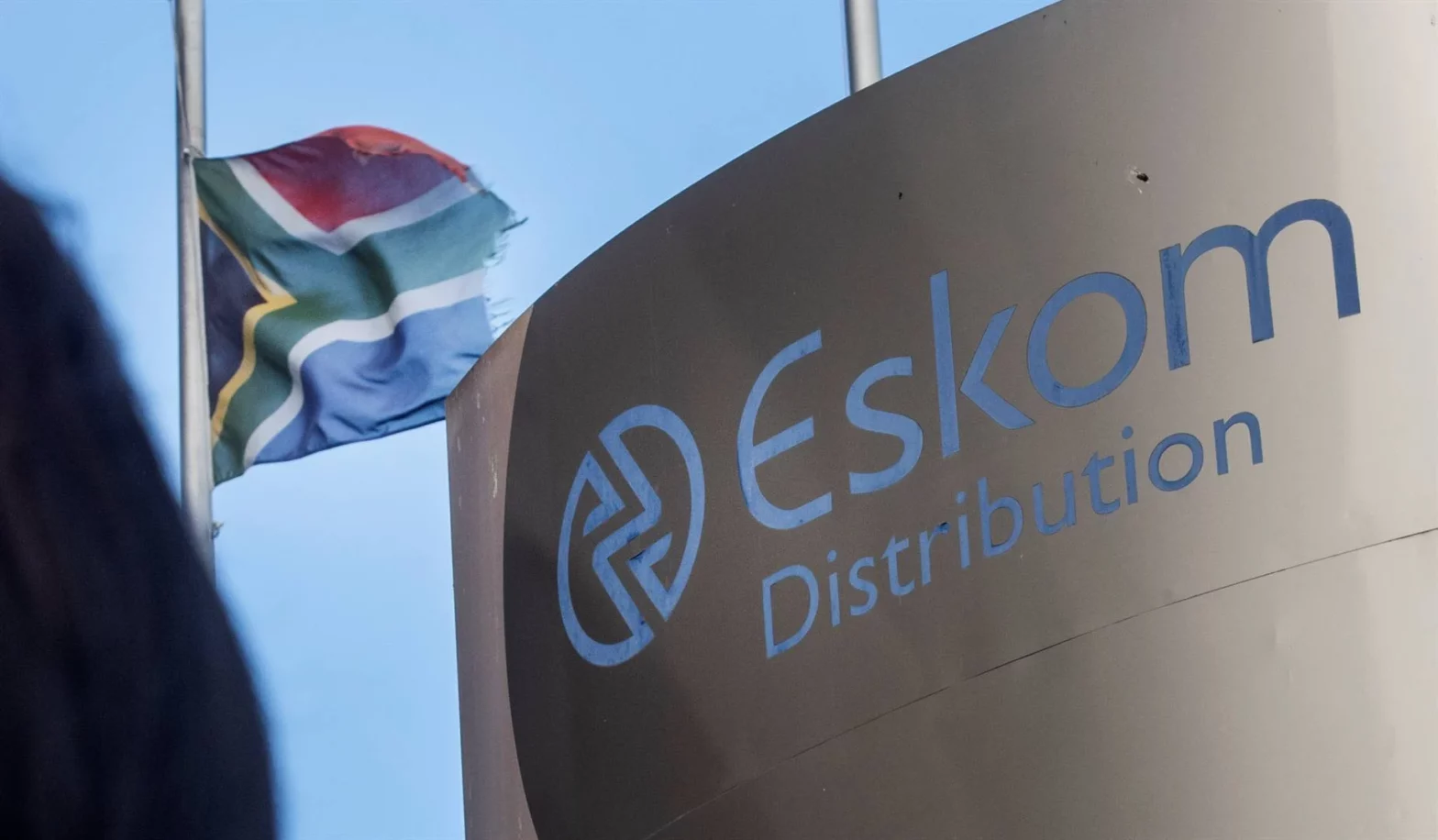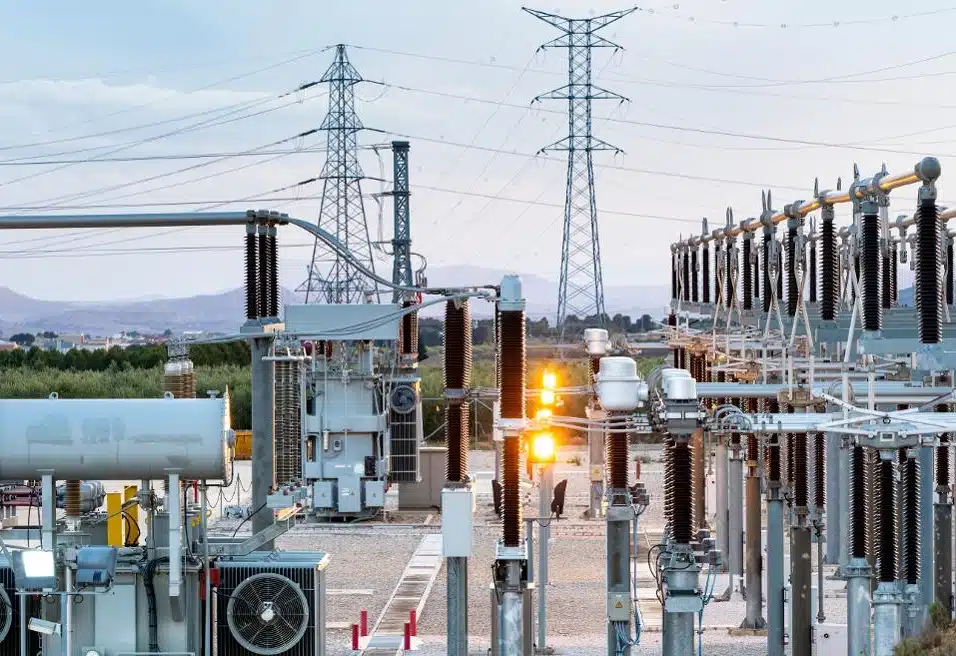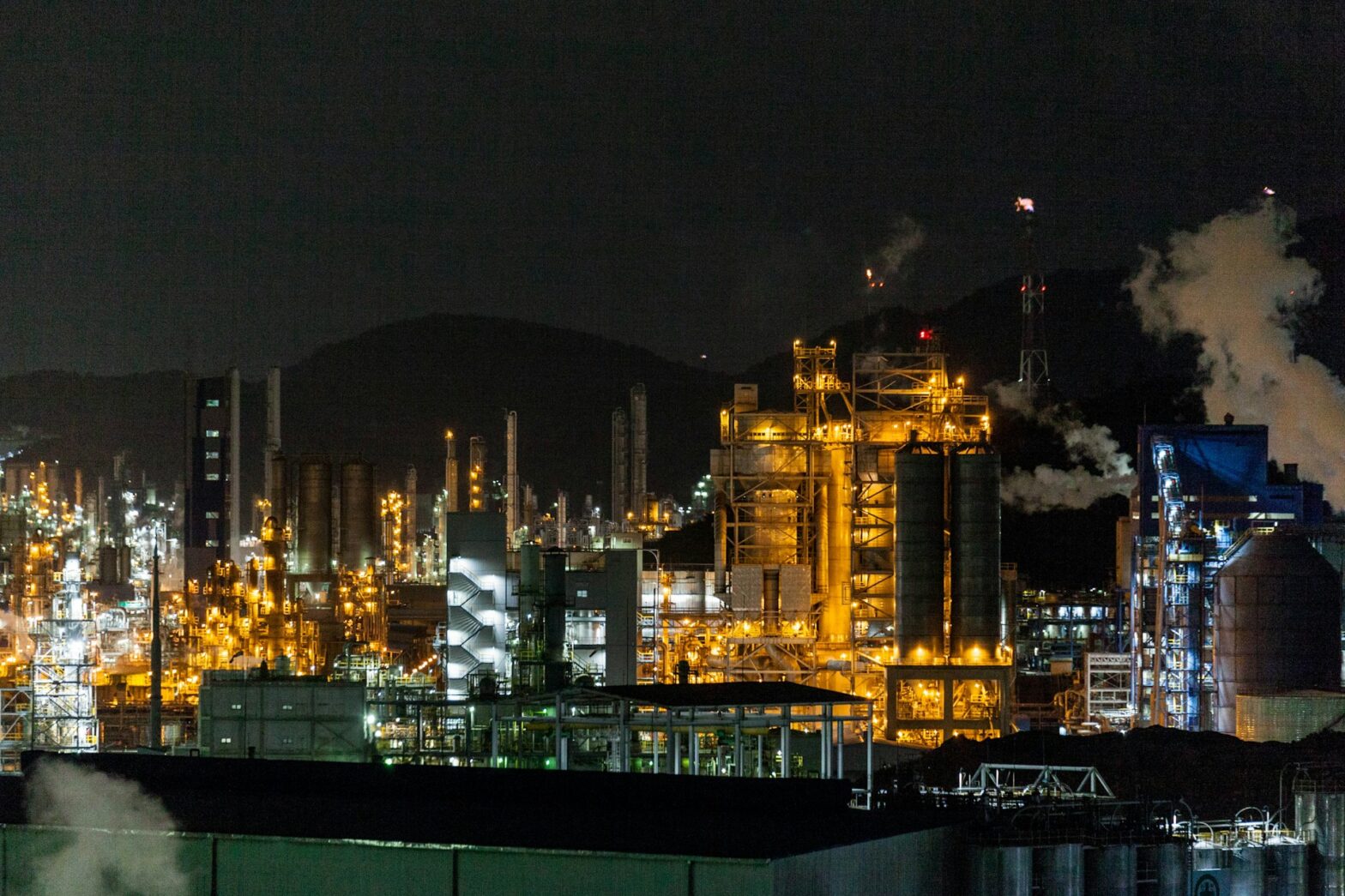The International Monetary Fund (IMF) is a global organisation with 191 countries as members. It was created to help countries keep their economies stable.
One of the ways the IMF helps is by giving out loans to countries facing money problems. These loans often come with conditions, including changes to how governments manage their finances.
In many African countries, one of the major changes the IMF suggests is removing fuel subsidies which are government programs that make petrol cheaper for citizens.
Removing these subsidies is meant to help governments save money, but it often causes problems for the people.
Why are petrol prices rising in Africa?
Many African governments are struggling with debt, inflation, and low income. They have borrowed a lot of money and are finding it hard to pay back.
To help fix their economies, they go to the IMF for loans. But to get the money, they must agree to make some big changes. One of the most common changes is ending fuel subsidies.
Fuel subsidies are used to make petrol cheaper for everyone.
Governments pay part of the cost of fuel so that people don’t feel the impact of rising global oil prices.
While this helps citizens, it’s expensive for governments and uses a big part of their budgets.
The IMF believes that subsidies mostly help richer people who use more fuel.
The organization says it is better for governments to stop spending so much money on subsidies and instead invest in areas like healthcare, education, and infrastructure.
But removing subsidies often causes petrol prices to rise quickly, which then makes transportation and food more expensive.
This makes life harder for regular people, especially those who are already poor. As a result, many protests and strikes have broken out in countries that followed this path.
Nations that cut fuel subsidies under IMF pressure
Let’s take a closer look at what has happened in some African countries that removed subsidies due to IMF reforms.
Nigeria
In 2023, Nigeria stopped its fuel subsidy program.
The change came soon after President Bola Tinubu took office.
Overnight, the price of petrol in Nigeria tripled. The government said ending the subsidy would save about $10 billion each year, money that could be used to build schools, roads, and hospitals.
But the sudden price increase led to a spike in the cost of living.
Transport fares and food prices went up, and many people couldn’t afford basic things.
Angry citizens took to the streets in protest. While the government promised to help the poor with support programs, many Nigerians weren’t sure if that would happen or if the savings would be used well.
Kenya
Kenya also removed fuel subsidies as part of its deal with the IMF. The government also added new taxes.
This caused fuel prices to reach record highs. The Kenyan government said the changes were needed to fix its economy and reduce debt.
However, many people were unhappy.
Protests broke out, led by opposition leaders.
They accused the government of following the IMF’s advice without caring about the struggles of ordinary citizens. The rising fuel prices made daily life more expensive, especially for the poor.
Ghana
In 2022, Ghana asked the IMF for a $3 billion bailout. To get these funds, the country agreed to reduce fuel subsidies and make other economic changes.
But Ghana was already facing high inflation and a weak currency. So when fuel prices increased, people were hit hard.
The prices of food and rent also went up.
Critics said the reforms made life worse for the poor and made the gap between the rich and poor wider.
The government promised that the changes would help in the long run, but people wanted solutions to their everyday problems now.
Zambia
Zambia couldn’t pay back its loans and defaulted on its debt. In 2022, it signed a $1.3 billion deal with the IMF. Part of the deal was to slowly remove fuel subsidies.
The Zambian government said that the money saved from subsidies would be used for education and healthcare. But many Zambians said they hadn’t seen any benefits yet. Instead, they said they were now paying more for fuel and struggling with higher living costs.
Egypt
Egypt started removing its fuel subsidies after agreeing to a deal with the IMF in 2016. The decision helped the country cut its budget deficit, but it also caused prices to rise sharply.
Many Egyptians struggled to afford food, rent, and other basic needs. The government faced protests and public anger.
Tunisia
Tunisia is currently in talks with the IMF.
One of the sticking points is subsidy removal. The government wants the loan but faces strong resistance from labor unions and civil society groups.
Workers are going on strike, demanding that the government protect fuel subsidies and avoid IMF-backed austerity.
Angola
Angola completed an IMF program in 2021. Even after the program ended, the country said it would remove fuel subsidies by 2025.
The government believes that doing so will make its economy more stable. But many Angolans worry about the future, as they fear rising costs without support.
What happens when fuel prices go up?
Raising fuel prices affects almost everything. Transport becomes more expensive, so the prices of food, goods, and services also go up.
This leads to inflation—when the value of money falls and things cost more.
In many African countries, a large number of people work in the informal sector—selling food, driving taxis, or running small shops.
These workers don’t have stable incomes and struggle when costs rise. Many small businesses either raise their prices or shut down completely.
This causes more job losses and increases poverty.
Governments defend reforms
Despite the backlash, African governments say that removing subsidies is necessary.
For example, Nigeria’s finance minister, Wale Edun, said last year that fuel subsidies were draining the country’s money and needed to end. He said the government wanted to use the money to build better roads, schools, and hospitals.
Some countries are trying to let the market decide fuel prices, hoping that competition will bring prices down.
This system is called fuel price deregulation.
Supporters believe that, over time, more investors will build local refineries, which could make fuel cheaper.
People protesting
Even though governments say they will help the poor, many people are still unhappy. There have been protests and strikes in Nigeria, Kenya, and Tunisia.
In Nigeria, groups like labour unions and civil society organizations have led protests against subsidy removal.
They argue that the government doesn’t have a clear plan to help those who are most affected.
In Kenya, protesters say the government is listening more to the IMF than to its own citizens.
In Tunisia, workers have gone on strike to pressure the government to keep subsidies in place.
What do experts say?
Economists from the International Monetary Fund say that while fuel subsidy removal can help balance national budgets, it should be accompanied by social protection measures like investments in health, education, and targeted cash transfers to avoid deepening poverty and inequality.
Are there better options?
Some people believe that there are better ways to fix Africa’s economic problems without hurting the poor. Here are some suggestions:
• Use renewable energy like solar and wind to reduce dependence on expensive fuel imports.
• Build more local refineries so countries can process their own oil and sell fuel at lower prices.
• Target subsidies to only the poorest people instead of removing them for everyone.
• Increase taxes on luxury goods and rich companies instead of cutting support for regular people.
• Improve tax collection and reduce corruption so that governments have more money to spend.

